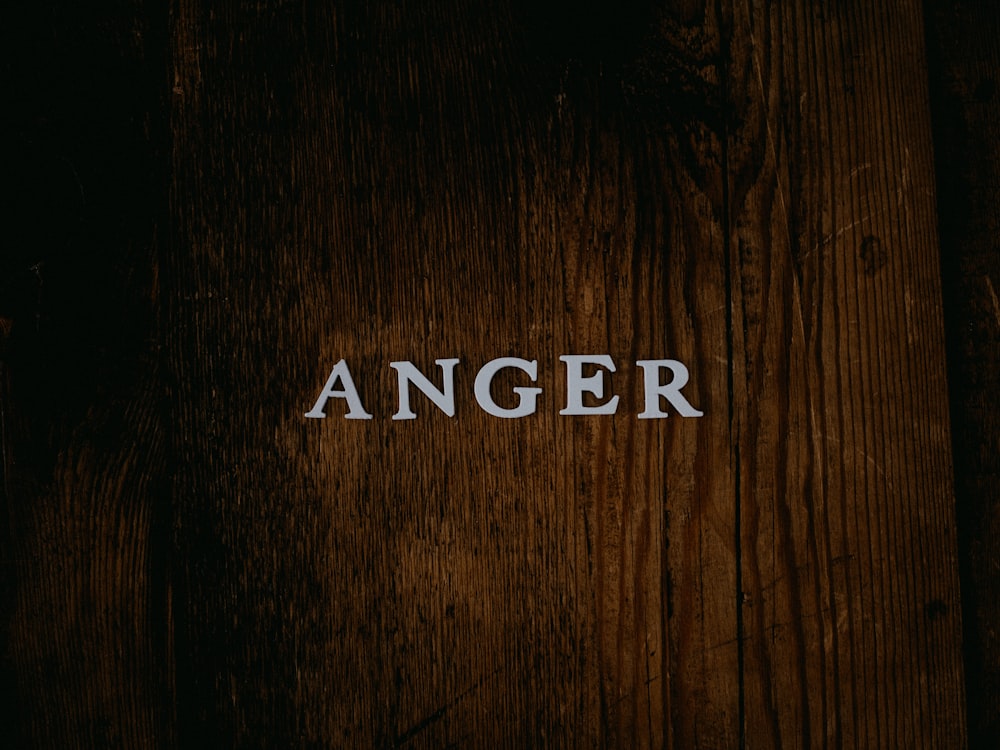Have you ever had a moment where you thought, that’s not how this is supposed to be? My life isn’t supposed to be like this. Or, that moment wasn’t supposed to go that way.
It happens to all of us. As we sit and process our emotions, one of them is usually anger.
We get angry at ourselves, the other person (boss, parent, child, spouse, co-worker, friend), and at God.
We get angry at God, ourselves, and the other person for many different reasons.
We get angry when something happens that we deem unfair. We get angry when something happens that we don’t think should happen. We also get angry when God moves slower than we’d like, moves differently than we’d like.
Ultimately we get angry at God because we aren’t God, and he doesn’t act like us.
Jonah and God have a fascinating conversation in Jonah 4 about Jonah’s anger towards God. Why is Jonah angry? Because God did what Jonah expected God to do. Jonah knew that God is gracious, merciful, slow to anger, and abounding in steadfast love. (Jonah 4:3) He knew that God would relent from destroying Nineveh, which is why he is angry at God.
What is fantastic about the conversation is that God doesn’t get angry at Jonah. He doesn’t scold Jonah. He asks, “Do you do well to be angry?” In other words, are you angry for the right reasons? Is your anger adding anything to your life, faith, and the world?
I remember a conversation that Katie and I had 16 years ago. We were sitting up at 3 am talking in our bedroom. This was one of those life-defining conversations. It was raw, emotional, and hard for me to hear. My sin, stubbornness, and pride had gotten us into a tricky spot as a couple and in my career. I was running from God’s call to plant a church, and Katie called me on it. God was moving to bring me to where I needed to be. Dan Allender said, “When we hear the call to go, and we run in the opposite direction, God has a way of having us thrown off the boat, swallowed by a large fish, and spit onto the shore where we are to serve (and be). God allows us to run and yet to know that He will arrive at our place of flight before we arrive so that He can direct our steps again.”
That’s where I was.
I was angry. Why wouldn’t God make it easier? Why did God have to send people into my life that were difficult and left painful wounds in my life? Why didn’t he stop that?
I don’t have all the answers to those questions at this point in my life, but I have some of them.
Like Jonah, we have good reasons to be angry. At least we are convinced they’re good reasons. And they might be good. Jonah felt Nineveh deserved justice, not mercy. They were brutal people. How could God forgive them? Was their repentance legitimate and authentic? Was it fake to get mercy?
We’ve been there in relationships.
We’ve been there in life.
You might be there right now.
If you are, let God ask you the question he asked Jonah, “Do you do well to be angry? What is your anger adding to your life?”
Take family relationships. Many of us have broken family relationships that have caused us enormous scars. We are hurt, we are angry, we are isolated. Many of us have a right to be angry. But what is our anger adding? Is it causing good in your life to be angry?
What is your anger adding as you think about your kids, job, or finances? What good is it doing?
Most of the time, the answer is no; it is not adding anything. It is not doing any good. We allow people to take up space in our hearts who couldn’t care less about us most of the time.
Notice that Jonah is angry, but God is slow to anger.
Remember: We get angry at God because we aren’t God, and God doesn’t act like us.
Like Jonah, we get mad at God because he doesn’t do what we would do or act the way we want him to.
Like Jonah, we know God’s words are gracious, merciful, slow to anger, and abounding in steadfast love, but in our hearts, we don’t trust those words, and we don’t embrace them or celebrate them.
God won’t let Jonah go, and he won’t let Jonah off the hook. He wants Jonah’s heart. He doesn’t just want him to stop being angry; he wants to get to the root of why he is mad. So God appoints a plant, a worm, and a scorching wind. We are being told that God can use all the good, the bad, and the hard for our good. God wants Jonah’s heart and will use whatever means necessary to get it.
God wants your heart and will use whatever means necessary to get it.
This is important, so I don’t want you to miss this.
What you get angry about is important. What you are angry at God for right now is important.
Because when we get angry, we know we are onto something. We know we have hit on something that matters, something we need to dig into. Whenever you are angry, you must stop and ask why and what is happening at that moment because your anger is revealing something you must face, you must deal with. It is important to you, and it is vital to the state of your heart.
That is the invitation God is giving to Jonah, and to us, as the book of Jonah ends.
What are you angry at? Is that a good thing to be angry at?


